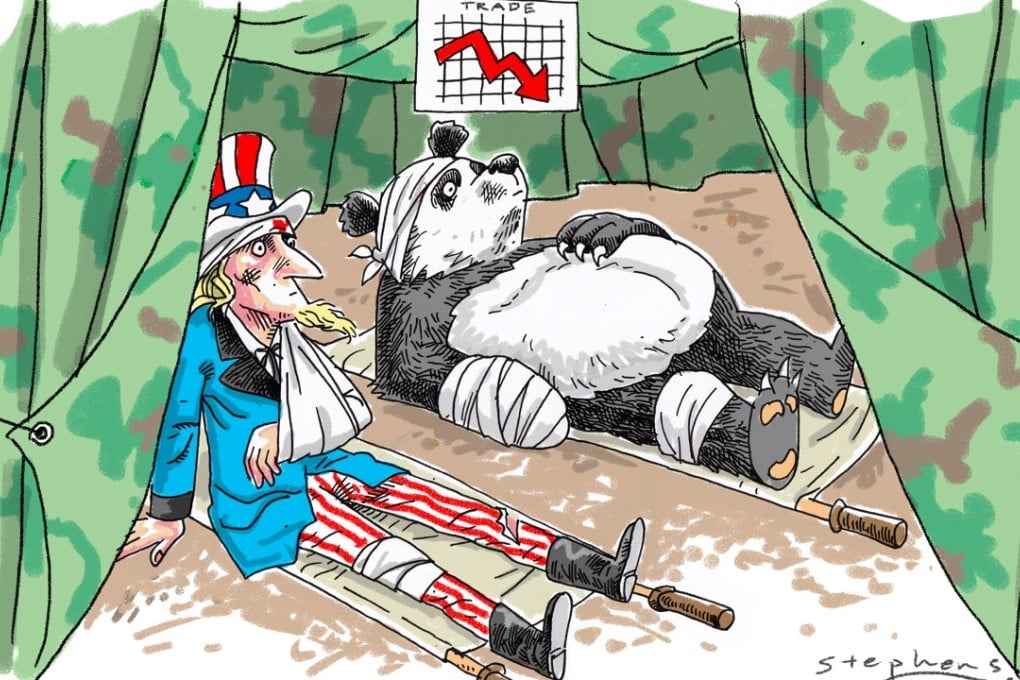Advertisement
Whoever wins the war, less trade between China and the US means both nations are losers
Chi Wang says the tariff storm ignited by US President Donald Trump will hurt both economies without addressing the real causes of their trade imbalance. Worse, by reducing trade, it will exacerbate tensions in other areas of the bilateral relationship
Reading Time:4 minutes
Why you can trust SCMP

Which country – the US or China – will win the trade war? This is the question on everyone's minds. I believe it is far too early to know. At this point, either, or even both, could be beaten.
The US is at a disadvantage because it isn’t addressing the causes of the trade imbalance. However, China has many other issues affecting its people's confidence in its economy, which could be more dangerous than the fiscal effect of tariffs.
Advertisement
Despite US President Donald Trump and Chinese President Xi Jinping’s congenial start in Mar-a-Lago, the US-China relationship has deteriorated considerably over the past year. The trade dialogue set in place after their first meeting achieved very little, very slowly – nothing like the sweeping changes Trump wanted to see. He became impatient with the inability to negotiate changes and ordered his administration to start looking elsewhere.
Watch: Chinese meat importers look elsewhere amid trade war
In February, the Trump administration began its ill-advised efforts to unilaterally “fix” the unbalanced relationship, enacting tariffs on washing machines and solar panels in an effort to stem Chinese imports. This particular action, though it did affect China, was not targeted specifically at the nation.
Advertisement
Select Voice
Choose your listening speed
Get through articles 2x faster
1.25x
250 WPM
Slow
Average
Fast
1.25x